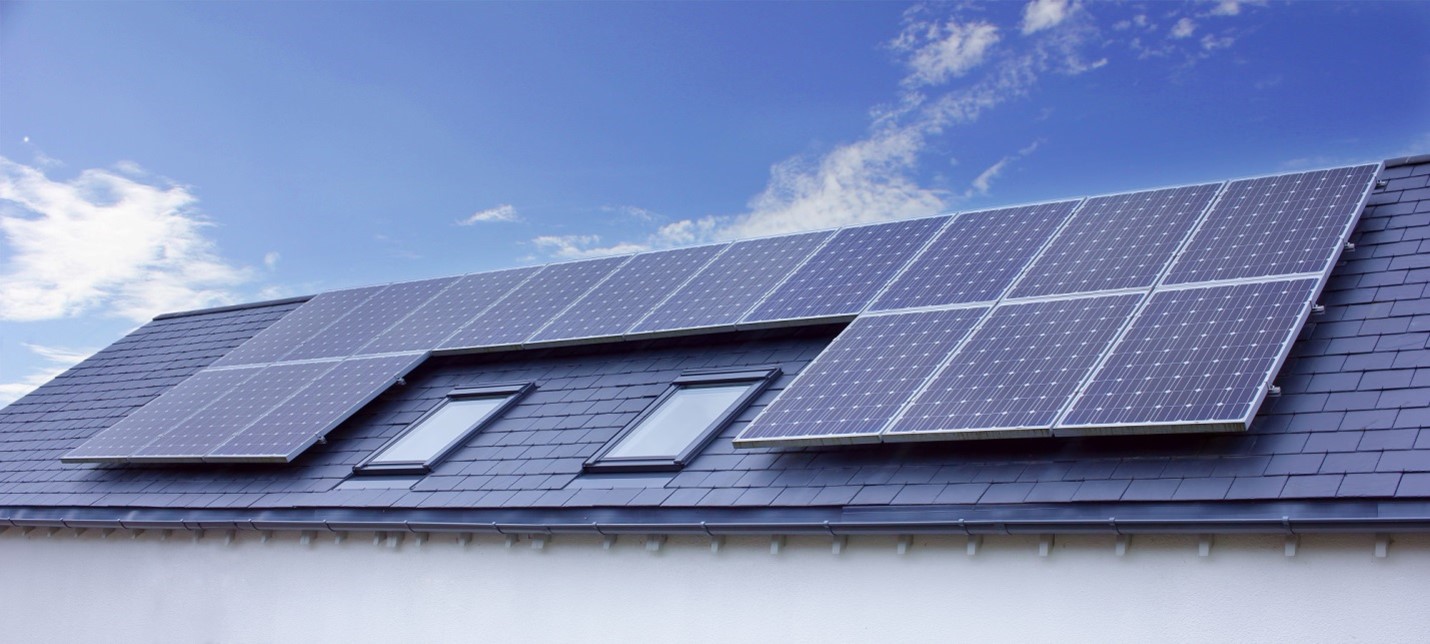Solar panels are an ingenious piece of technology, harnessing the infinite energy of the sun to create a clean energy source on Earth. They have improved considerably in recent decades while at the same time prices have fallen dramatically. Within the solar industry, the cost of installing solar panels in the last decade alone has dropped by approximately 70%.
The best solar panels can substantially reduce or even wipe out your home’s electricity bills. This will be music to every homeowner’s ears, but how do residential solar systems actually work in practice? We’ll answer that question in this blog post and highlight some of the key benefits of switching to solar.

How Do Solar Panels Work?
For the majority of homeowners in the United States, solar panels are best suited to rooftops where there are unused, available spaces that have no obstructions. In the US, the optimal location for solar panels is in a south-facing direction.
The solar panels themselves are constructed of a number of materials, including:
- Silicon cells (also known as photovoltaic cells)
- Glass casing
- Metal frame
- Inverter
- Wiring
Each of the aforementioned silicon cells serves as a semiconductor wafer that has two layers, a negatively charged layer, and a positively charged layer. When photons from the sun hit these cells, they energize and create an electric field.
Loose electrons are then set into motion within the semiconductor wafer. This action in turn creates an electric current. At this stage, the inverter will convert the direct current electricity into usable alternating current electricity.
While this might sound somewhat scientific, operating solar panels is incredibly easy. When you switch on the lights in your home or boil water in the kettle, the electricity that is created from solar panels will work in the same way as electricity from the main grid.
What Are the Homeowner Benefits of Solar Panels?
Modern solar panels can help homeowners to save tens of thousands of dollars on their electric bills over their 25-plus year lifespan. Solar panels on a residential property also help to boost its value (up to $15,000 for the average home in the US).
There are, of course, environmental benefits to solar energy, too. Unlike fossil fuels such as oil and coal, solar energy is clean and does not create any greenhouse gases. Increased use of solar energy also helps to reduce air pollution, reduce water usage, and helps to fight the effects of climate change.
Click here to read about solar in more detail.
Discover the Benefits of the Best Solar Panels for Yourself
Solar panels are amazing pieces of technology that help to protect the environment while saving you money at the same time. Contact the best solar company in your area today and make the switch to solar energy.
Like this blog post on how do the best solar panels work in practice? Be sure to check out our other informative articles on a wide range of interesting topics.







